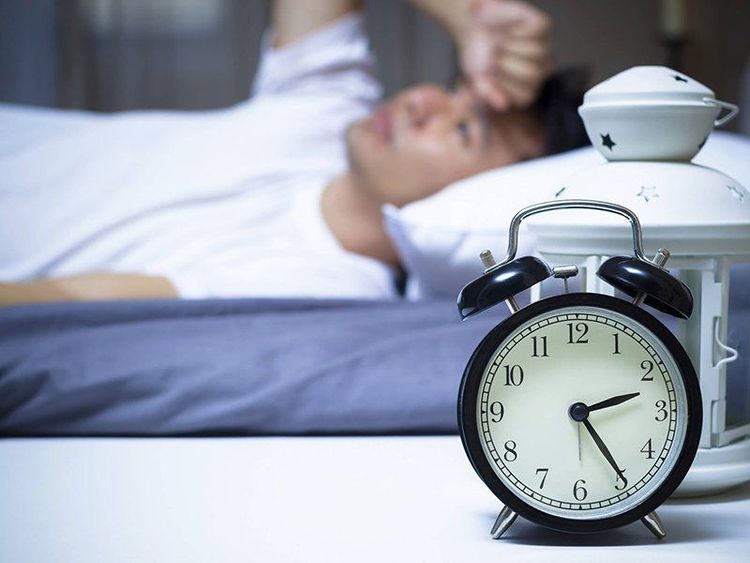This is an automatically translated article.
The loneliness pandemic is prevalent in today's society. The longer loneliness lasts, the more consequences arise that can be serious for health and affect daily life. The article will provide more useful information about this condition.
1. Loneliness Pandemic
You may think of loneliness as a personal feeling or experience, not an epidemic. But when a large segment of the population reports that prolonged feelings of loneliness and isolation lead to physical and mental health problems, it becomes a public health issue, not just a problem. private. Even more alarming is that the global scale of this epidemic has been determined despite the lack of in-depth research in all affected areas.
A study published in the Journal of Aging & Mental Health found that young people reported twice as many days of loneliness and isolation as late-middle-aged adults. This is even though they have much larger networks. So you might be surrounded by a crowd of friends who are constantly contacting you via social media or even your partner or spouse in real life - but if you still feel numb In isolation, you may be suffering from the effects of a loneliness pandemic.
2. What causes this disease?
The current epidemic is not born in a day or even a year, but has existed for decades. Urbanization and the opportunities it presents have led to the breakdown of communal families and rural or semi-urban communities that warrant companionship. The nuclear family of the 1970s and 1980s gave way to the very popular one-member household.
If young people living in the city to pursue a career choose to live with roommates, they tend not to socialize openly or form close relationships that can make them lonely no more. Even millennials living with parents or working in a crowded workspace can feel socially isolated due to the perceived generation gap and lack of understanding. know that they encounter from the people around.
In addition, with technology making it possible for us to stay online and meet our needs continuously without the need for forced human interaction, an awkwardness has crept into the web. our mode of socialization. Feeling isolated if you are living a modern urban life is quite possible and therefore can have many impacts.
The harmful effects of being alone for too long : That loneliness is emotionally painful and can lead to disorders like depression, anxiety, schizophrenia and delirium have been established by scientists ages ago long ago. It has also been linked to a higher risk of heart disease and Alzheimer's disease. A more recent discovery is the fact that social isolation or loneliness can also lead to an increased risk of chronic diseases and premature death.
A study conducted by the US National Academy of Sciences found that the immune systems of lonely people work so differently that they have lower levels of an antiviral substance called interferon. Their white blood cells are constantly working in a way that leads to chronic inflammation, hence the physically painful feeling of loneliness. Research also shows that the genetic makeup of lonely people also changes over time, which can also cause negative health effects.
3. Consequences of loneliness disease
Research shows that lonely people are up to 32% more likely to die prematurely than their peers. The researchers also noted that lack of social connection had a significant effect compared with other leading indicators of early death risk. The state of feeling lonely, ranks highest with smoking, obesity and sedentary in terms of its effect on your health.
Social isolation is not just an issue for the elderly or those living in the countryside. In a survey of 20,000 Americans, nearly half said they always or sometimes feel lonely or abandoned. The survey found that young people aged 18 to 22 are the loneliest generation.
Researchers have several theories as to why socially connected people may live longer. It can be as simple as having people around who encourage you to make healthy choices, such as sticking to your doctor's appointments, eating right, and taking your medications. Or, chronic loneliness could be a recipe for chronic stress, which in turn wreaks havoc on your health. Moreover, having close connections makes you feel safe. When you're alone, you're more responsive to environmental stresses, which can lead to problems like high blood pressure or heart disease.
Some studies show that constant loneliness can lead to inflammation, making the body more susceptible to many diseases. It can also affect sleep quality, which has been linked to a higher risk of a range of diseases.

Cô đơn có thể ảnh hưởng đến chất lượng giấc ngủ
4. Preventive measures
We are also living in a time when everyone around us is racing for popularity. The concept of loneliness, like many mental health problems, is really taken for granted by many people, which makes it hard for us to accept and talk about it. But it's a complicated matter - feeling lonely sometimes is part of being human and no one is immune. Understanding the problem, identifying people around you who may be at risk, and helping can make all the difference. If you are wondering what to do to prevent yourself or a loved one from being affected by loneliness, here are some things you can do:
If you are feeling socially isolated, going into the shell won't help. Admitting something is wrong can be accompanied by feelings of shame, or you may assume that people will think less of you. But you need to fight the stigma attached to this loneliness for your own good and to reach out to loved ones. You should have tunnel vision and assume you have no one left to communicate with. Humans are a social animal and most people have some sort of human connection. Evaluate your contact list, even social media acquaintances, and find someone you can arrange a regular meeting with. Remember that you are not the only one feeling alone. The fact that loneliness is an epidemic proves it. The obvious takeaway from this is that there are other people out there who are feeling exactly how you feel and they should be able to connect with you. You just need to reach out. You should join a club or build a community of like-minded people. With social media at your fingertips, this shouldn't be too difficult to organize, but make sure you create a community that shares activities and emotions. Get creative about what you can all do together. Contact a mental health professional if you are unable to take the steps outlined above on your own. This type of health care provider can not only help you cope and combat the dark thoughts that may come your way when you're feeling lonely, but they can also put you in touch with existing groups. Share your feelings and social anxiety. Psychological Clinic - Times City International General Hospital is one of the leading prestigious addresses in the treatment of psychological and mental health problems. The medical team at the clinic are highly specialized, many of whom are lecturers of psychiatry at Hanoi Medical University, capable of implementing psychological tests, in-depth psychotherapy, and providing support. effective aid in the treatment of diseases.
The clinic has a system of modern equipment, leading facilities in the country will bring the best service to patients, increase treatment efficiency.
Please dial HOTLINE for more information or register for an appointment HERE. Download MyVinmec app to make appointments faster and to manage your bookings easily.
Reference source: webmd.com













